Engineering As Law
Both law and engineering are practical rather than theoretical activities in the sense that their ultimate purpose is to change the state of the world rather than to merely understand it. The lawyers focus on social change whilst the engineers focus on physical change.It is the power to cause change that creates the ethical concerns. Knowing does not have a moral dimension, doing does. Mind you, just because you have the power to do something does not mean it ought to be done but conversely, without the power to do, you cannot choose.Generally for engineers, it must work, be useful and not harm others, that is, fit for purpose. The moral imperative arising form this approach for engineers generally articulated in Australia seems to be:
- S/he who pays you is your client (the employer is the client for employee engineers)
- Stick to your area of competence (don’t ignorantly take unreasonable chances with your client’s or employer’s interests)
- No kickbacks (don’t be corrupt and defraud your client or their customers)
- Be responsible for your own negligence (consulting engineers at least should have professional indemnity insurance)
- Give credit where credit is due (don’t pinch other peoples ideas).
Overall, these represent a restatement of the principle of reciprocity, that is, how you would be expected to be treated in similar circumstances and therefore becomes a statement of moral law as it applies to engineers.
